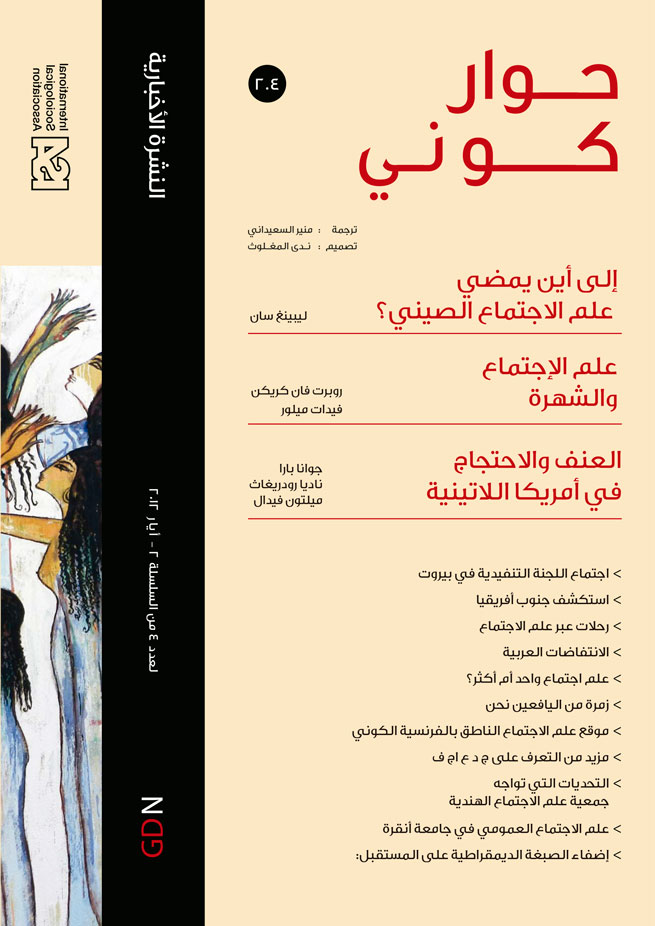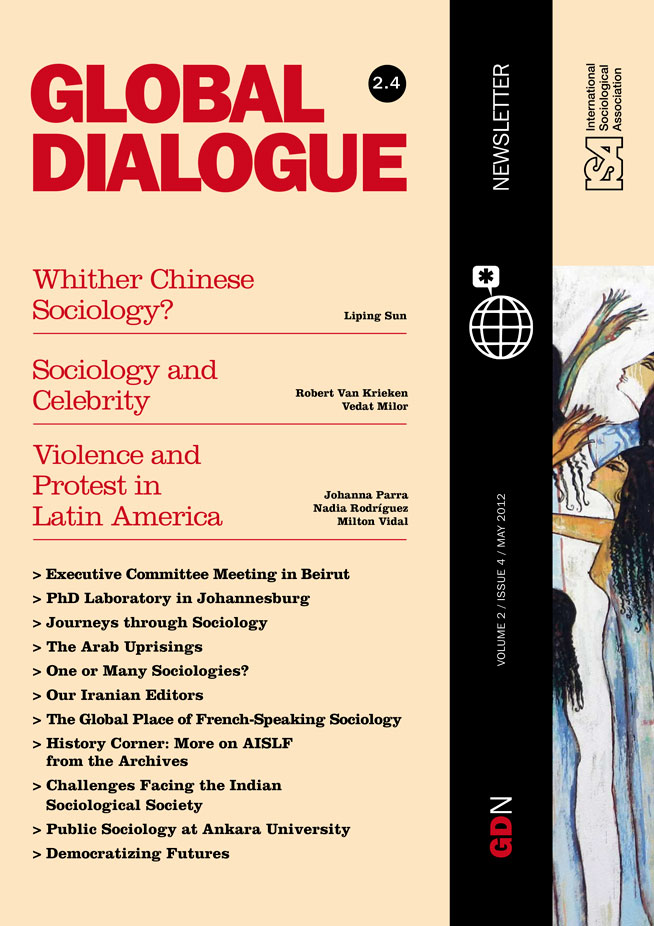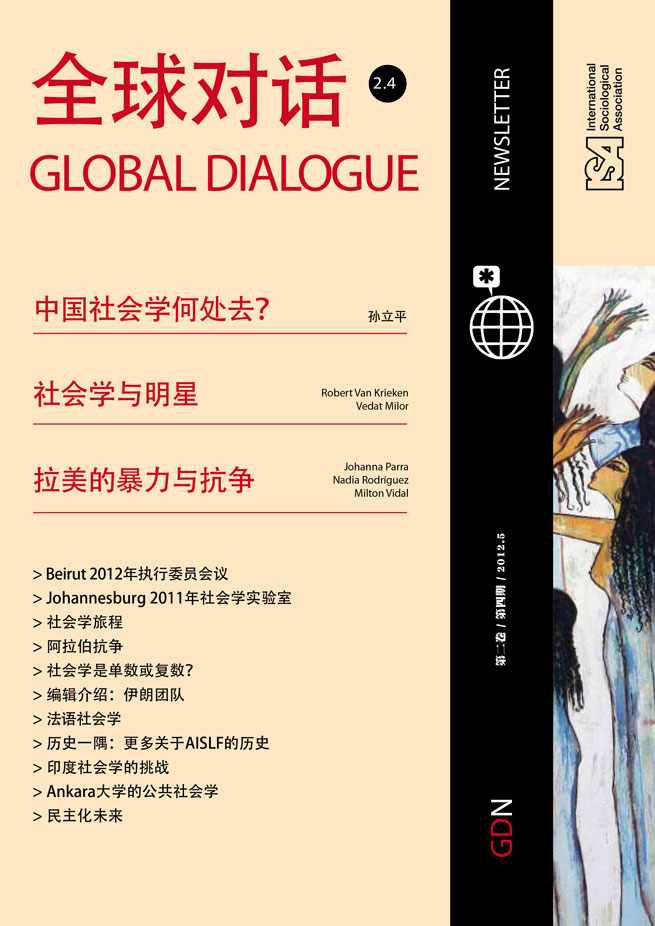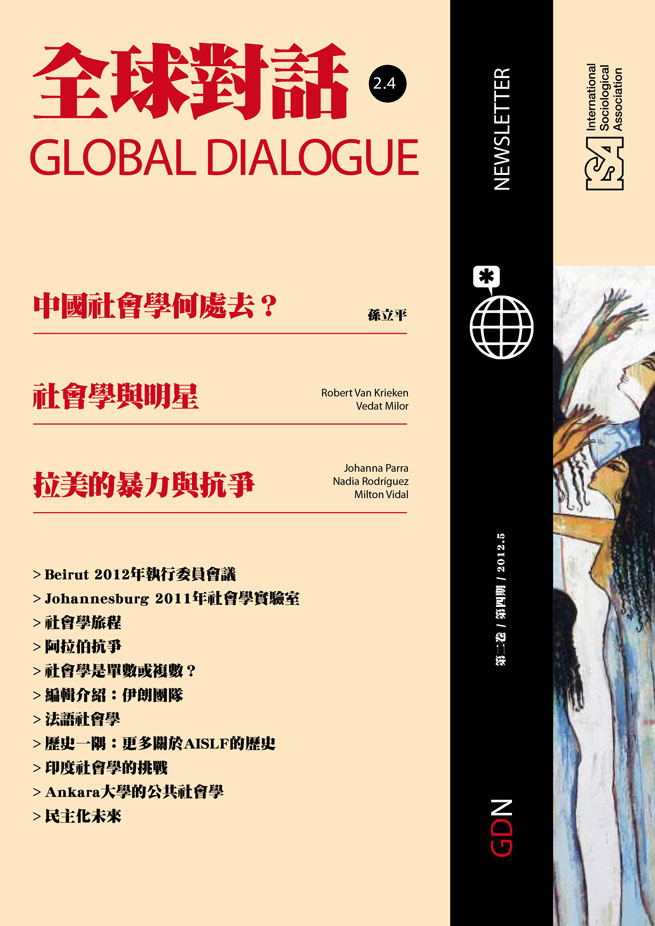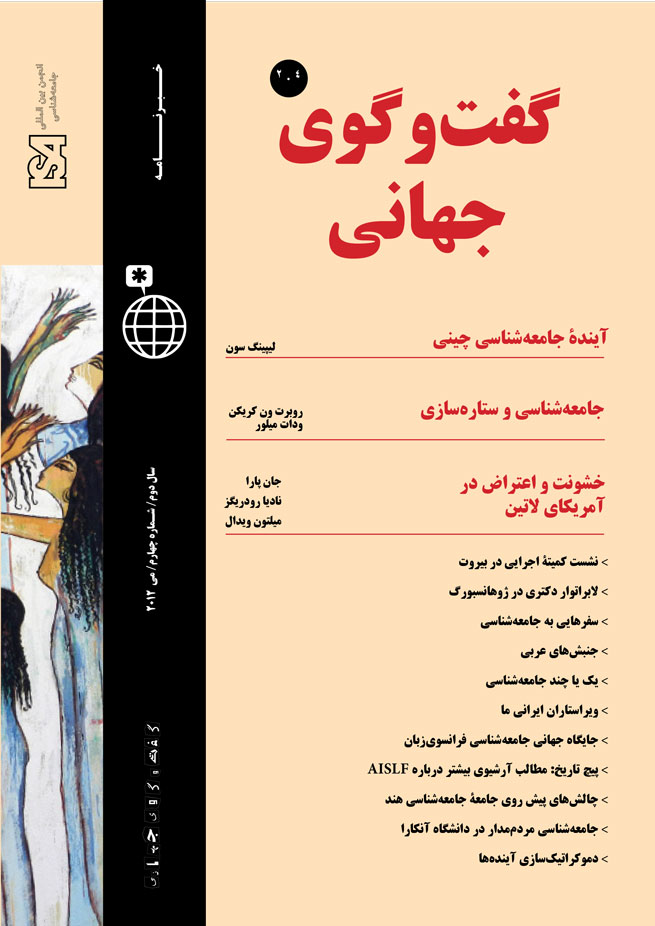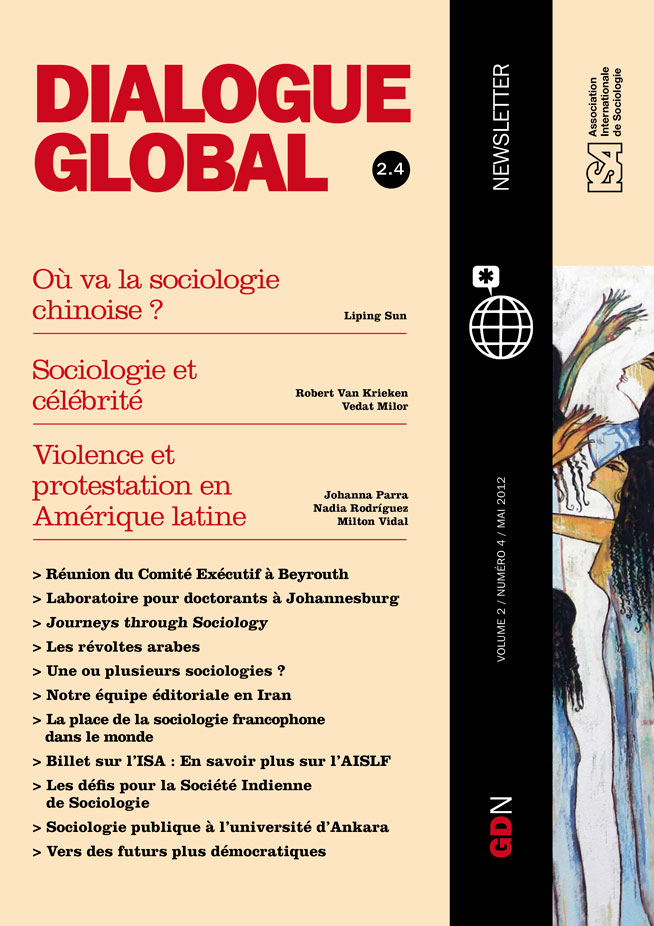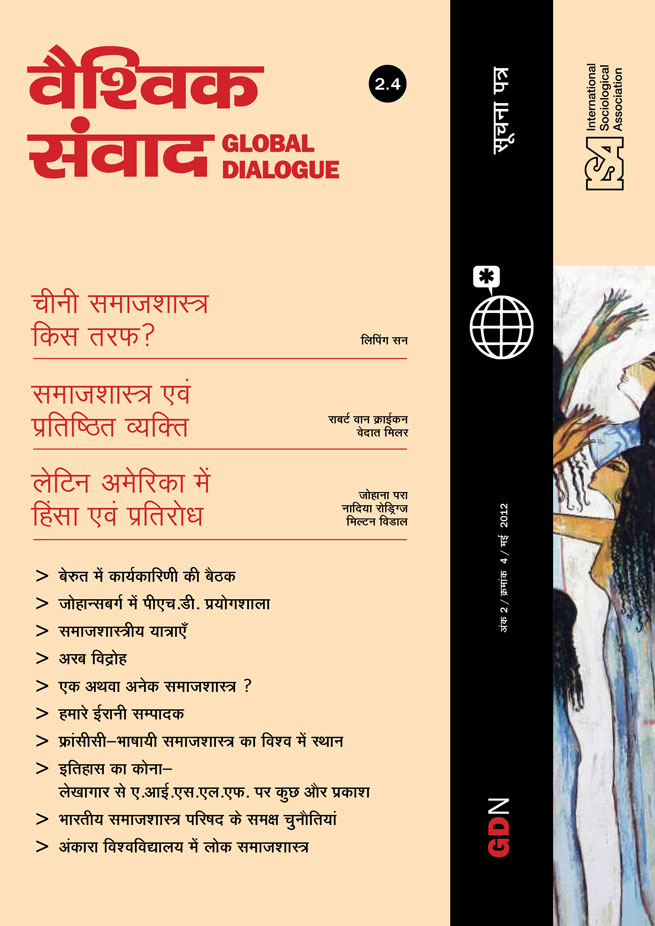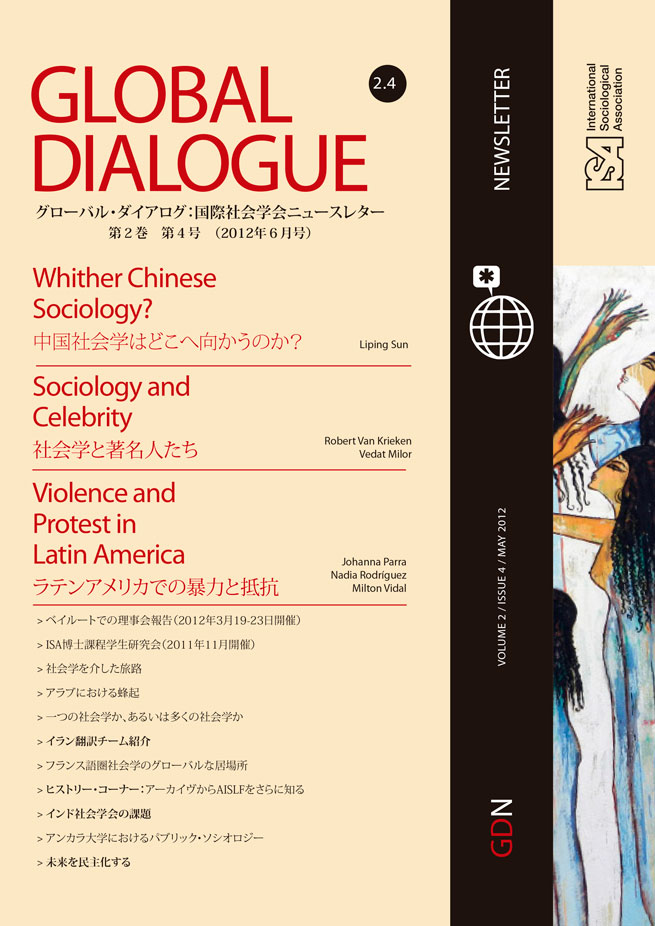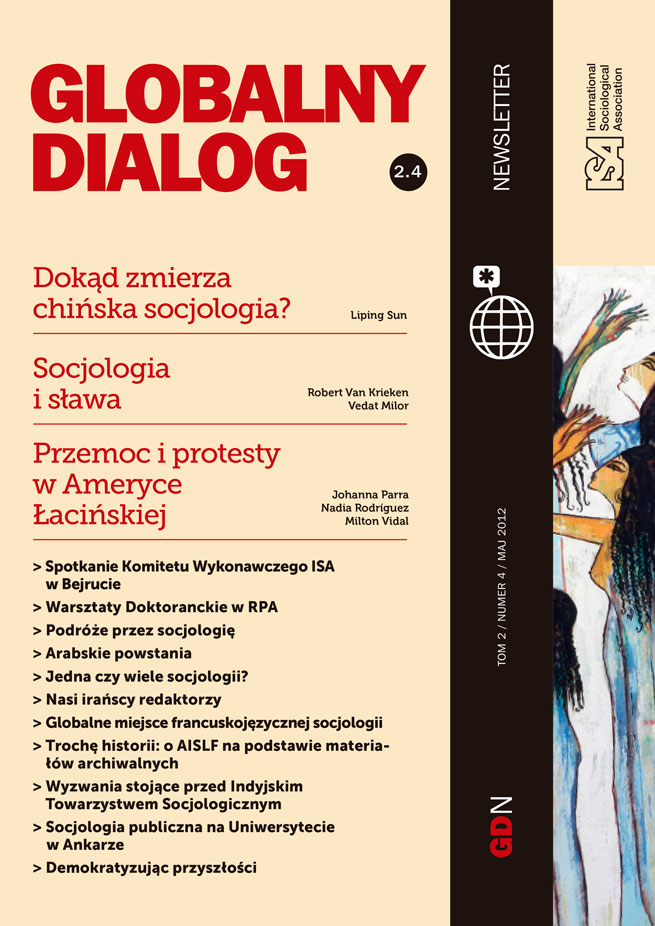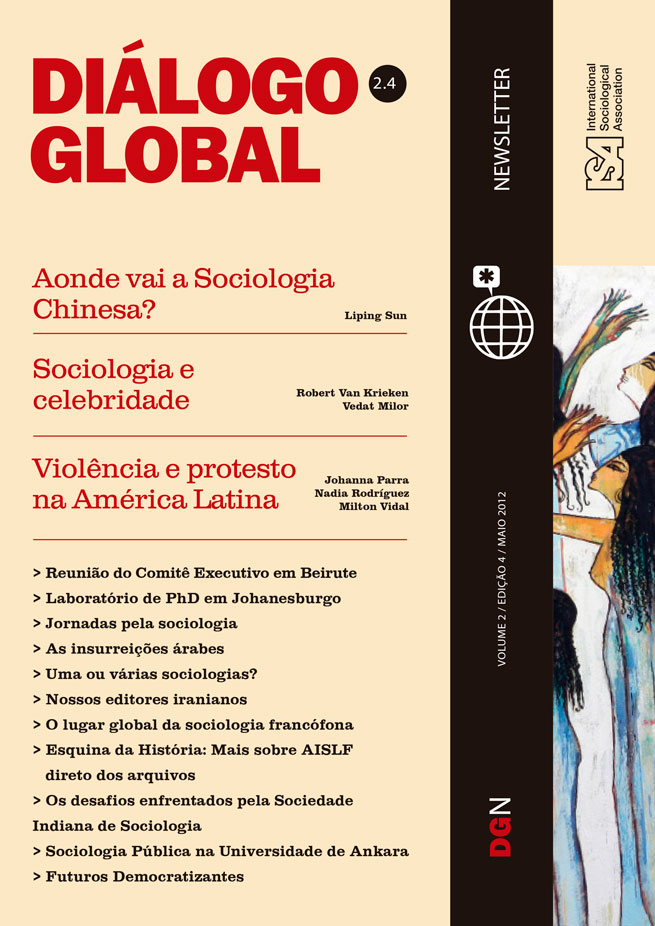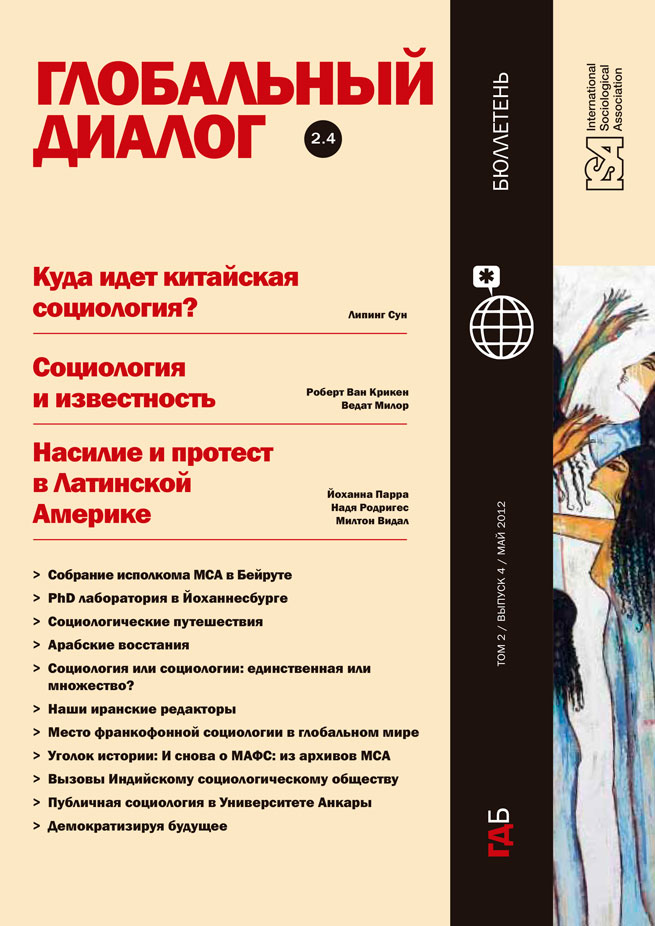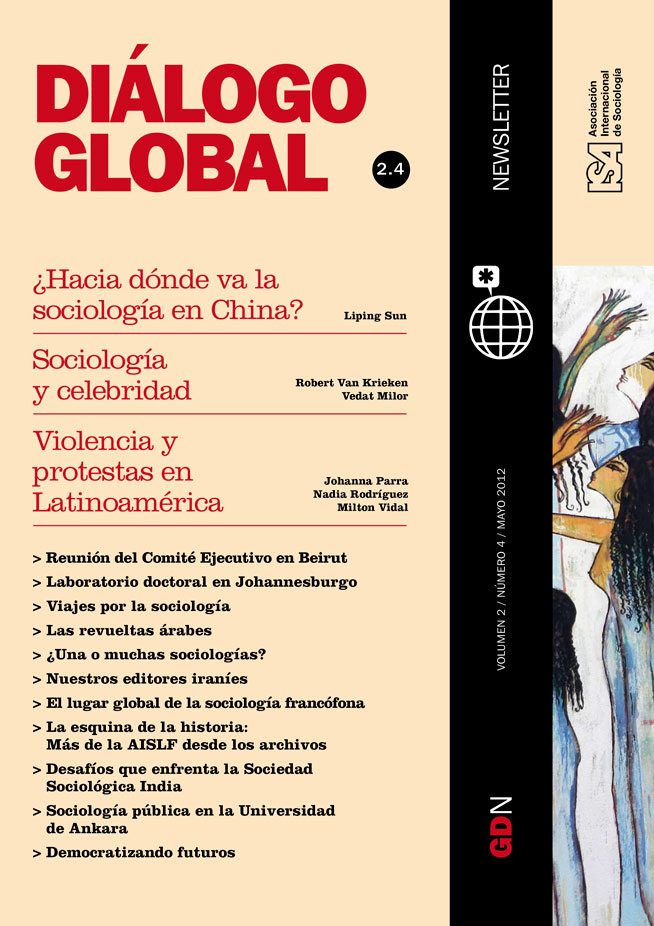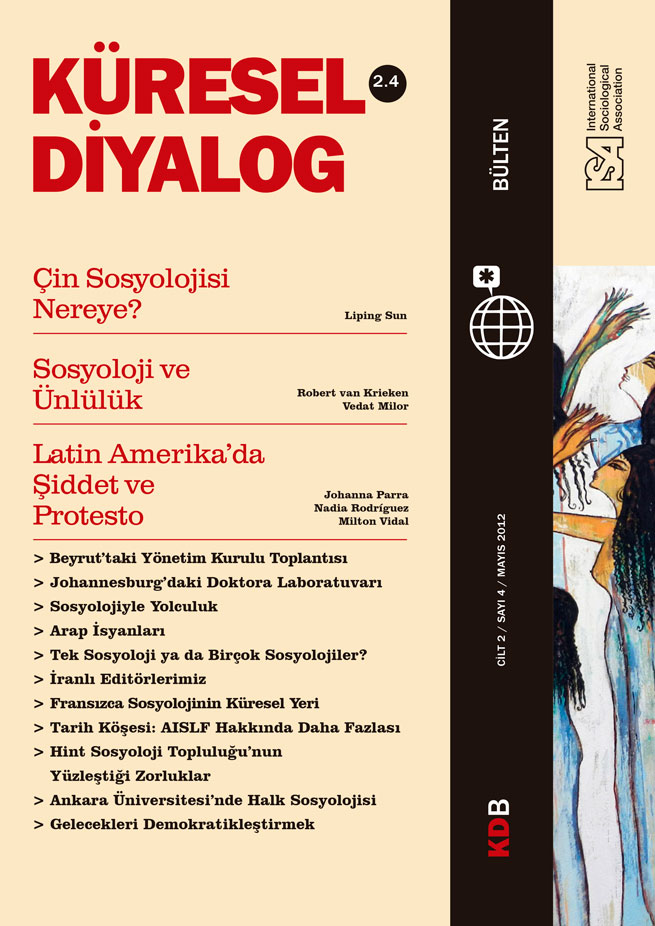Read more about Celebrity

Becoming a Celebrity: From Sociology Professor to Culinary Guru
by Vedat Milor
July 31, 2013
In universities today one can clearly see a number of fracture lines that are growing longer and wider, dividing the academic community into roughly three classes:
There are a number of ways one can analyze these tendencies, but what I would like to offer here are some reflections on the way in which a particular kind of “celebrity rationality” is also at work. There is a connection between the social and economic mechanisms underpinning the social figures we normally identify as celebrities – actors, actresses, TV personalities, sports stars – and the transformations affecting universities around the world. My larger project has been to reclaim the analysis of celebrity for core conceptual concerns in sociology like inequality, identity, power and governance, and there are a number of ways in which scientific scholarship is a key example of the processes and dynamics of “celebrity society.”
There are earlier discussions of celebrity in the writings of Robert Michels and others, but C. Wright Mills made an important contribution when he noted the ways in which the dynamics of all sorts of competition underpins the production of particular individuals as celebrities – that is, highly visible “performers” who function as a cognitive and practical reference point for the rest of the competitive field. In the Power Elite (Oxford, 1957: 74) Mills wrote:
"In America, this system is carried to the point where a man who can knock a small white ball into a series of holes in the ground with more efficiency and skill than anyone else thereby gains social access to the President of the United States. It is carried to the point where a chattering radio and television entertainer becomes the hunting chum of leading industrial executives, cabinet members, and the higher military. It does not seem to matter what the man is the very best at: so long as he has won out in competition over all others: he is celebrated."
This wasn’t quite right, it’s more the rock star who gets access to the President, but the man with the small white ball still does pretty well. The point is that the broadest possible spread of visibility and recognition becomes a resource or value in itself, independently of what generated the recognition in the first place.
Robert Merton characterizes the problem as the “Matthew Effect” in scientific work, referring to the Gospel according to Matthew 25:29: “For unto every one that hath shall be given, and he shall have abundance: but from him that hath not shall be taken away even that which he hath.” He noted that scientists who had received a Nobel Prize would receive far more attention than their colleagues, no matter the relative merits of their research. Wealth of attention to scholarly performance tended to be self-accumulating, as long as one stayed in the field. This was elaborated by Herbert Simon in 1971, when he pointed out that when there is a surplus of information and knowledge, the resource that becomes scarce, and thus an important commodity, is attention, the capacity to orient cognition in one direction or towards one object rather than another. Attention is the scarce resource or “positional good” in circulation in what Richard Sennett called the “star system” in relation to music, the way in which particular musicians capable of going beyond just being good musicians to include additional attention-capturing characteristic, end up crowding out the rest of the musical field.
The increasing orientation towards global rankings and the constant refinement of methods of performance measurement and assessment generate similar competitive dynamics among individual academics, among universities, and among countries, and where there is competition, there is the production of celebrities – star scholars, researchers, universities. One could say that the measurement of citations is a measure of how influential a piece of research is, but it is also a measure of its author’s scholarly celebrity. We cite Bourdieu or whomsoever not just or even primarily because it makes much difference to the analysis, but to indicate that we know about Bourdieu.
The current system of academic celebrity operates at three levels: individual (usually researchers, rarely teachers), institutional (universities) and national or regional (countries or clusters of countries). It may be stretching the metaphor a little too far, but in many respects they all want – or are being forced to want – to be the Kim Kardashian of their discipline or the global university system. Just as Kardashian’s visibility affects her capacity to earn through sponsorship and sale of her image and brand, rankings matter to universities because it affects their student enrolments, their social status, and the generosity of patrons, donors, and governments. This is also why universities spend so much time and money on developing their “brand.”
What lessons can be learnt from the sociological analysis of celebrity for ways to respond to these transformations of the university? There is not the space to go into this in any detail here, but I can suggest a few possibilities to begin with. First, recognizing that what we are looking at is a machine for the production and distribution of attention, and that it is attention that is very often the resource at issue, not the scholarly value of what’s being produced, makes it possible to adopt a much more sceptical perception of the status games being played in universities. Understanding that what is presented as a meritocracy is in particular respects really a “celebritocracy” helps us see that many of the crisis tendencies are in fact about the “struggle for attention.”
Second, if celebrity is the game we’re in, then we can observe what is happening in the broader field of celebrity and adopt similar strategies in our academic activity. We all know that Andy Warhol said that “in the future, everyone will be famous for 15 minutes,” but later he said he was bored with that line, and wanted to change it to “in 15 minutes, everyone will be famous.” We can see this mechanism at work in the massive proliferation of different types of highly visible and widely recognizable individuals (aka celebrities) in more and more fields of activity.
Rather than accepting the hierarchy of scholarly status currently being machined into place, which resembles the old Hollywood star system, it is possible to generate our own systems of recognition and acknowledgement “from below,” different kinds of “arthouse” scholarship, to stick with that analogy, including a diversity of research networks which may or may not achieve stardom, but which we enjoy and which we think do good and useful work. It is possible to reject the “winner takes all” logic that seems to be running through universities these days, to orient ourselves to each other, rather than allowing ourselves to be seduced by the “centripetal gaze” focused on academic stardom.
Robert van Krieken, University of Sydney, Australia, and ISA Vice-President for Finance and Membership, 2010-2014
This issue is not available yet in this language.
Request to be notified when the issue is available in your language.
If you prefer, you can access previous issues available in your language:
